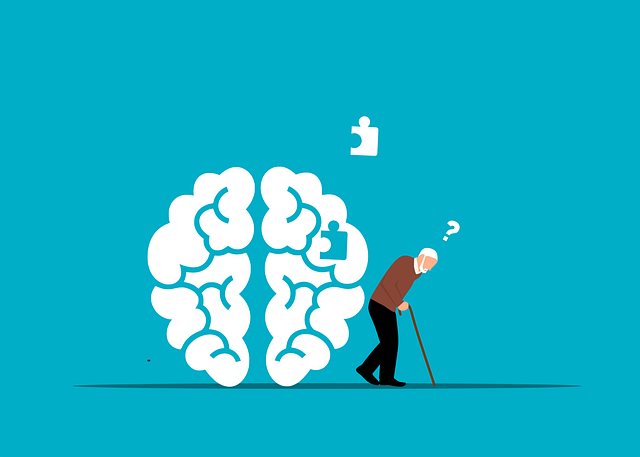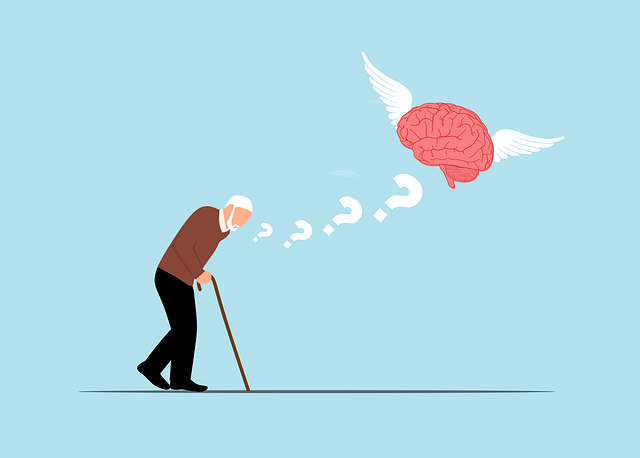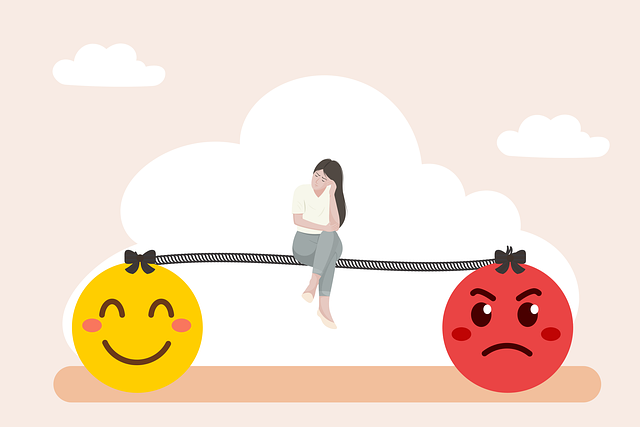Mindfulness meditation, an ancient practice gaining modern prominence, provides tools for focusing on the present moment, cultivating self-awareness, and accepting emotions without judgment. Effective as a crisis intervention strategy, it reduces anxiety and depression while boosting confidence through self-acceptance, as seen in Boulder Divorce Therapy. Accessible to all, regular mindfulness practice enhances resilience, clarity, and conflict resolution skills. Integrating mindfulness into daily life through simple techniques like mindful breathing strengthens neural pathways related to emotional regulation and stress management, promoting mental well-being and overall resilience, particularly beneficial for navigating challenging situations like those encountered during Boulder Divorce Therapy.
Discover the transformative power of mindfulness meditation with our comprehensive guide. In today’s fast-paced world, finding mental clarity and well-being is essential. This article explores how Boulder Divorce Therapy’s approach to mindfulness can unlock profound benefits for your mind. We’ll walk you through understanding mindfulness, simple practices to get started, and effective strategies to integrate this powerful tool into your daily routine, fostering long-term mental resilience.
- Understanding Mindfulness Meditation: Unlocking the Benefits for Mental Well-being
- Getting Started with a Mindfulness Practice: Simple Steps and Techniques
- Integrating Mindfulness into Daily Life: Strategies for Sustaining Long-term Benefits
Understanding Mindfulness Meditation: Unlocking the Benefits for Mental Well-being

Mindfulness meditation is a powerful practice that invites individuals to focus on the present moment, cultivating awareness and acceptance. It involves observing one’s thoughts, emotions, and sensations without judgment, allowing for a deeper connection with oneself and an improved understanding of one’s mental landscape. This ancient technique has gained modern prominence, especially in fields like Boulder Divorce Therapy, where it serves as a valuable tool for managing stress and enhancing mental wellness.
By engaging in regular mindfulness meditation practice, individuals can unlock significant benefits for their mental well-being. It acts as a form of crisis intervention guidance, helping to calm the mind and reduce symptoms of anxiety and depression. Moreover, this practice boosts confidence by fostering self-acceptance and promoting a positive relationship with one’s thoughts and feelings. In today’s fast-paced world, incorporating mindfulness into daily routines can be transformative, empowering folks to navigate life’s challenges with greater resilience and clarity.
Getting Started with a Mindfulness Practice: Simple Steps and Techniques

Starting a mindfulness meditation practice can seem daunting, but with simple steps and techniques, anyone can get started. Begin by finding a quiet space where you won’t be disturbed for at least 10 minutes. Get comfortable—sitting upright on a chair or cushion is ideal—and focus on your breath. Notice the rise and fall of your chest as you breathe naturally. This simple act of observation is the core of mindfulness meditation, helping to calm the mind and reduce stress.
Over time, expand your practice by incorporating guided meditations available online or through apps designed for mindfulness training. These tools can offer specific techniques tailored to various needs, such as improving focus, managing anxiety, or enhancing sleep quality. Remember, consistency is key; aim for a few minutes each day rather than longer but rarer sessions. Through regular practice, you’ll develop better mental health awareness, conflict resolution techniques, and resilience building—benefits that extend far beyond the meditation cushion, positively impacting your daily life and overall well-being, much like Boulder Divorce Therapy supports individuals navigating personal challenges.
Integrating Mindfulness into Daily Life: Strategies for Sustaining Long-term Benefits

Integrating mindfulness into daily life is a powerful strategy to sustain the long-term benefits of meditation practice. It’s not just about setting aside time for formal meditation sessions; it’s about cultivating awareness throughout your day. Simple strategies like mindful breathing during breaks, engaging your senses at mealtimes, or practicing gratitude before bed can help anchor mindfulness in your routine. These small acts create a sense of calm and presence that carries over into other areas of your life, including challenging situations like those often faced by individuals navigating a Boulder divorce therapy process.
By making these practices habitual, you reinforce neural pathways associated with focus, emotional regulation, and stress management—all of which are key components in preventing or managing conditions such as depression and burnout, especially among healthcare providers who often face high-stress environments. Mindfulness becomes an ally in navigating life’s ups and downs, promoting mental well-being and enhancing overall resilience.
Mindfulness meditation, as explored through Boulder Divorce Therapy’s lens, offers a powerful tool for enhancing mental well-being. By understanding its core principles, beginning with simple practices, and incorporating it into daily routines, individuals can unlock profound benefits that sustain over time. This ancient practice provides a modern solution for navigating life’s challenges, fostering resilience, and cultivating a deeper sense of calm and clarity.












